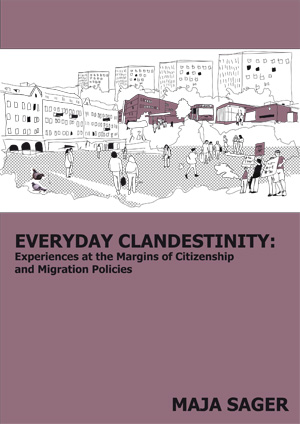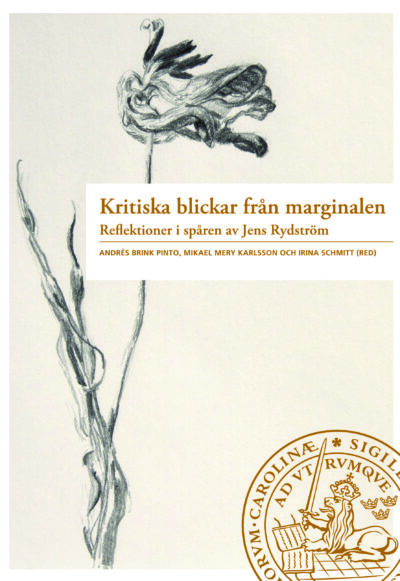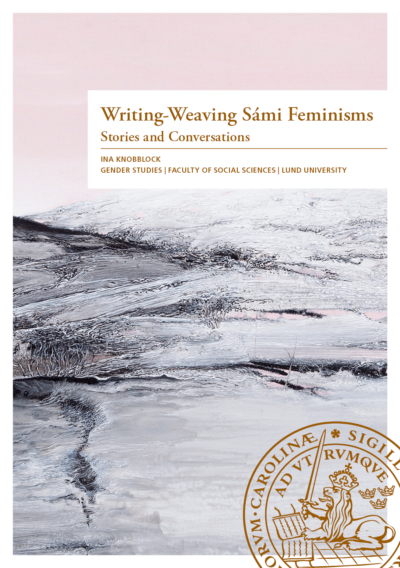Beskrivning
What happens to the representations of Swedish society if the experiences from the margins of citizenship and migration policies are moved into the centre of the picture? How can theories on citizenship, migration, welfare, gender and belonging be applied and developed to grasp the positions of clandestine asylum seekers instead of allowing formal citizenship and formal boundaries of belonging to form an uncontested analytical framework?
In a study based upon ethnographic fieldwork with rejected asylum seekers, Maja Sager’s dissertation considers citizenship and belonging in the Swedish welfare state by exploring their experiences from the labour market, from the asylum process, and from an everyday life characterised by a lack of social rights and non-access to welfare entitlements. Sager offers an analysis of the racialised and gendered processes through which everyday lives in the family, in relation to civil society and to state institutions, shape – and are shaped by – clandestinity and deportability.



